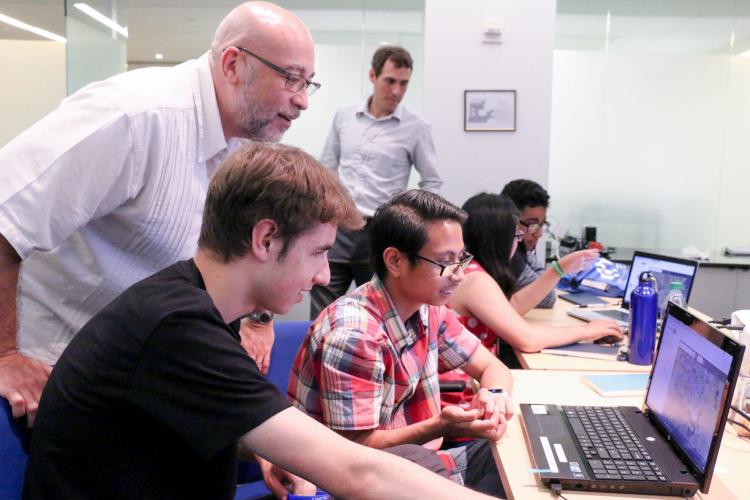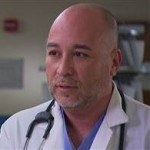
As a nation and society, we often unfairly view youth from underserved communities through a deficit lens. Frequent terms used to describe these young people include “at risk” and “marginalized,” referring generally to young people who face situational circumstances that we believe will inevitably lead to their personal and professional failures. Labeling youth as “at-risk” presumes that these children will have poor outcomes, despite never having been given a chance to prove otherwise. Moreover, these terms perpetuate destructive stereotypes of young people in our country, missing the mark completely in defining who these young people truly are and what they can contribute to our world.
Those of us who work with youth from difficult backgrounds prefer the term “at-promise youth.” “At Promise” references the extraordinary raw potential every young person possesses. The term views youth through a strength-based perspective. It also helps to fill in some of the details missing in the former labels, reminding us that youth have natural gifts and innate potential for greatness.
Circumstances do not define youth; it is how those young people transcend those circumstances that defines who they are and what they are capable of doing.
Over the past three years, our FACES for the Future Coalition has proudly partnered with the Global Health Fellows Program (GHFP) II and the US Agency for International Development (USAID) to prepare at-promise youth for careers in global health. Our work is based on the premise that these young people are ideally suited for global health careers because they have developed the necessary competencies for effective global health practice through their lived experiences. We know children who confront adversity in their communities, particularly on a regular basis, must develop and master skills that enable them to effectively navigate their way through those circumstances. For them it is not a matter of choice – it is matter of necessity.
As a pediatrician, I have unfortunately witnessed the disastrous impact of adverse community experiences on youth I have cared for over the years. Community violence alone has killed too many of my patients and traumatized more than I can remember. But, I have been deeply inspired by seeing how young people respond and rise above those moments of crisis and adversity.
Community challenges, such as poverty, violence, food deserts, and poor access to basic support services, often teach young people very harsh but effective lessons about resiliency, innovation, adaptability, resourcefulness, creativity and independence. Research has shown that these are key soft skills global health employers seek in early career professionals, and these are not the lessons learned in a classroom setting. How they effectively respond to those challenges helps form the important lessons that test and reinforce the “promise” of young people.
How does this connect to global health? We teach our students that these skill sets are not unique to young people in this country; they are also exemplary of the skills that individuals in communities across the globe acquire from confronting similar challenges. There are shared and common experiences between our youth and others in the world. We inform our students that a US global health worker who understands and has mastered those skills through lived experience is, in many ways, best equipped to serve the needs of his/her global counterpart.
Our work with GHFP-II has allowed us to teach our youth about the potential they have for impacting the health and wellbeing of global communities in very profound and substantial ways. Students are learning to reframe their challenging lived experiences as assets, and to understand how those assets constitute much of the promise they bring to the world and to the global health field. Ultimately, it will be the students themselves, and not just us, who can demonstrate why they are well suited for a future in global health.
Interested in hearing from the students themselves? You can read their blogs here.

-Tomás A. Magaña, MD, MA, FAAP
Founder & Director, FACES for the Future Coalition